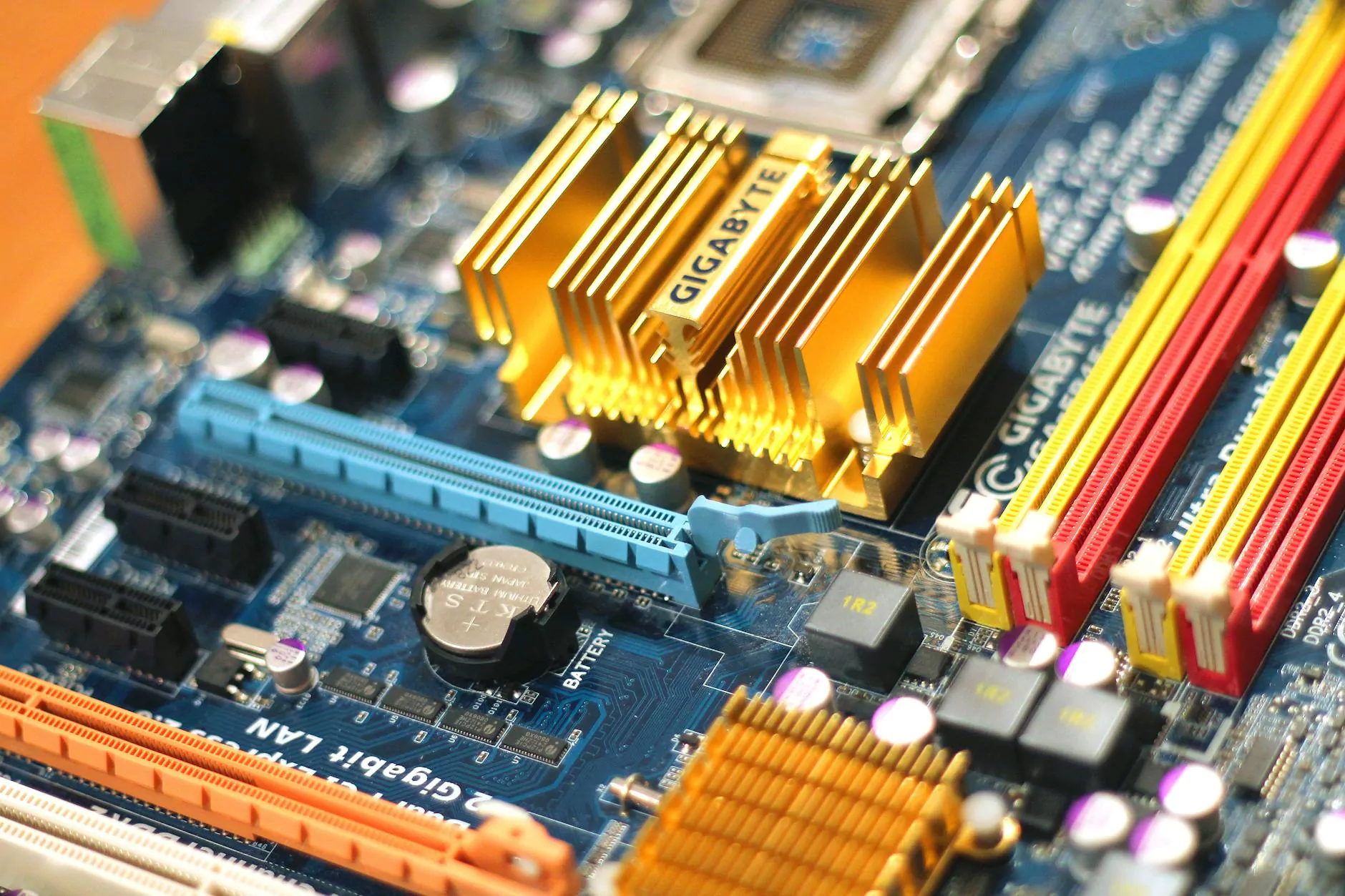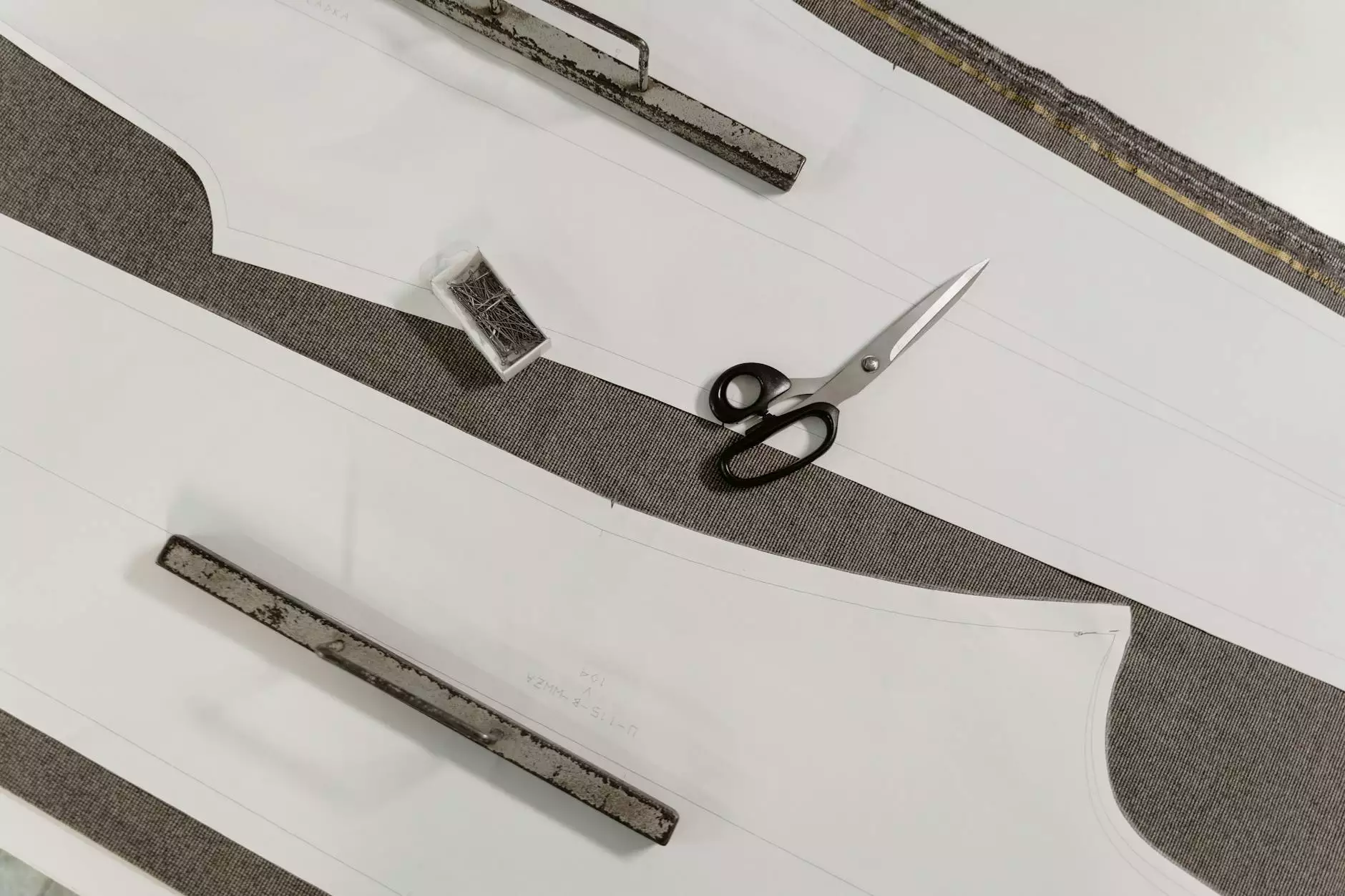Understanding the Importance of a Night Guard for Teeth Grinding

Teeth grinding, or bruxism, is a common dental issue that affects many people across the world. Whether it’s caused by stress, anxiety, or sleeping disorders, the consequences can be damaging to oral health. Fortunately, a night guard for teeth grinding can provide an essential layer of protection. In this article, we’ll explore what a night guard is, its benefits, and why you should consider using one.
What is a Night Guard?
A night guard is a custom-fitted oral device worn over the teeth while sleeping. Its primary function is to prevent the upper and lower teeth from making contact, thereby reducing the wear and tear caused by grinding. Night guards are typically made from durable plastic and come in different types, catering to various levels of bruxism.
Types of Night Guards
- Soft Night Guards: These are made from flexible plastic and are ideal for mild to moderate teeth grinding. They provide comfort while protecting your teeth.
- Firm Night Guards: Suitable for severe bruxism, these guards are more rigid and provide maximal protection against grinding.
- Hybrid Night Guards: Combining both soft and hard materials, hybrid guards provide cushioning while ensuring durability.
- Boil-and-Bite Night Guards: While not custom-fitted, these guards can be softened in hot water and shaped to fit your mouth, making them a popular affordable option.
Why Do People Grind Their Teeth?
Understanding the reasons behind bruxism can help inform the decision to use a night guard for teeth grinding. Key factors include:
- Stress and Anxiety: Many individuals grind their teeth during sleep as a subconscious response to stressors.
- Misaligned Teeth: Dental irregularities, such as crooked teeth or an abnormal bite, can lead to grinding.
- Sleep Disorders: Conditions like sleep apnea are frequently linked to bruxism.
- Medications: Certain antidepressants are known to contribute to teeth grinding.
Consequences of Teeth Grinding
The impact of bruxism can be substantial if not addressed. Here are some potential consequences:
- Tooth Damage: Continuous grinding can lead to chips, fractures, or even complete loss of teeth.
- Jaw Pain: Persistent pressure can result in tension and pain in the jaw muscles.
- Headaches: Frequent tension headaches or migraines can arise from bruxism.
- TMJ Disorders: Grinding can exacerbate problems with the temporomandibular joint, leading to discomfort and restricted movement.
Benefits of Using a Night Guard
Employing a night guard for teeth grinding offers numerous advantages that can enhance your overall dental health:
- Protects Your Teeth: Night guards act as a barrier, guarding your teeth against the detrimental effects of grinding.
- Reduces Pain: By absorbing the pressure from grinding, night guards can alleviate jaw pain and headaches.
- Improves Sleep Quality: A night guard can help reduce the disturbances caused by bruxism, leading to a more restful night.
- Customized Fit: Professional night guards are tailored to fit your mouth, ensuring comfort and effectiveness.
How to Get a Night Guard
Obtaining a night guard is a straightforward process. Here’s a step-by-step guide:
- Consult a Dentist: Schedule an appointment with a dental professional to discuss your symptoms and concerns.
- Dental Examination: Your dentist will perform an examination to assess the extent of your bruxism and recommend the best type of night guard for you.
- Mold Creation: A mold of your teeth will be taken to ensure a perfect fit for your night guard.
- Trial and Adjustment: Once the night guard is created, you may need to try it for a few nights, making adjustments if necessary.
Tips for Caring for Your Night Guard
To maximize the lifespan and effectiveness of your night guard, proper care is essential. Here are some maintenance tips:
- Clean Regularly: Rinse the night guard with water and brush it gently with a toothbrush and non-abrasive toothpaste.
- Store Properly: Use a protective case when the night guard is not in use to prevent damage and contamination.
- Avoid Heat: Do not expose the night guard to hot water or heat, which can warp the material and affect its fit.
- Regular Checkups: Schedule regular dental visits to ensure that your night guard continues to fit properly as your mouth changes over time.
Conclusion
Using a night guard for teeth grinding is a crucial step toward maintaining your dental health. By protecting your teeth and reducing the stress on your jaw, you can prevent further complications associated with bruxism. If you suspect that you are grinding your teeth at night, consult with a dental professional at MedDentalSF for a customized solution tailored to your needs. Your smile is worth the investment in effective dental solutions!
Contact Us for More Information
If you have questions or need assistance with choosing the right night guard for teeth grinding, don't hesitate to contact MedDentalSF. Our experienced team is here to help you achieve optimal oral health.



